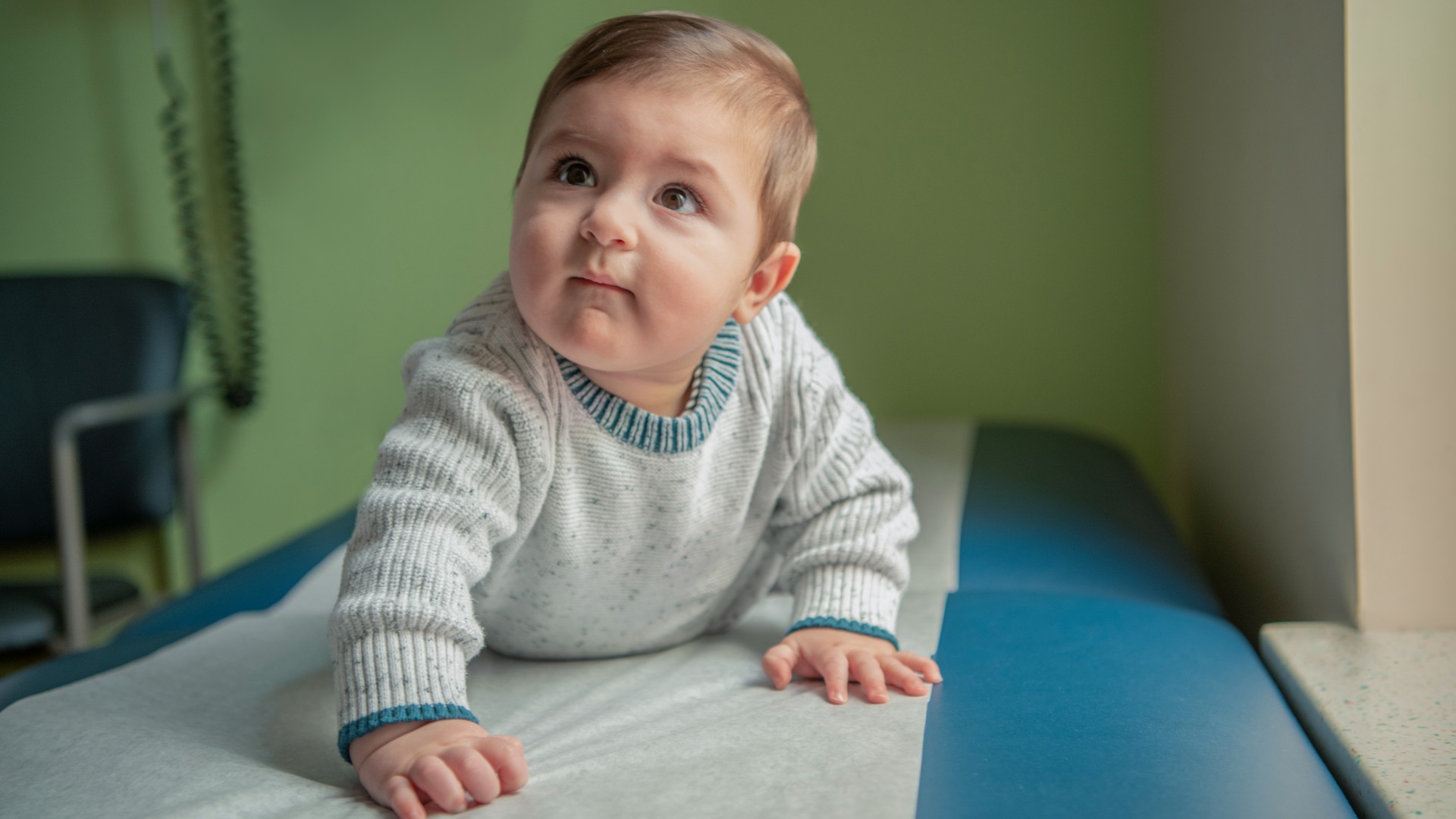Condition
Pediatric Megaureter
What You Need to Know
A megaureter is a ureter that is much wider than normal. A ureter that is wider than 3/8 inch is a megaureter.
Key Symptoms
Common symptoms of megaureter may include:
- Not passing much urine
- Blood in the urine
- Signs of infection
Diagnosis
Doctors typically diagnose megaureter by:
- Blood and urine tests
- Diuretic renal scan
- Abdominal ultrasound
- Voiding cystourethrogram (VCUG)
- CT scan
- Intravenous pyelogram (IVP)
Treatment
- Antibiotics
- Surgery
Schedule an Appointment
Our pediatric specialists provide personalized care for your child’s physical, mental and emotional health needs. Meet our providers and schedule an appointment today.
Frequently Asked Questions
What is megaureter in children?
What causes a megaureter in a child?
What are the symptoms of megaureter in a child?
How is megaureter diagnosed in a child?
How is megaureter treated in a child?
What are possible complications of megaureter in a child?
When should I call my child’s healthcare provider?
Meet the Providers Who Treat Megaureter
Departments that Treat Megaureter

Urology
Children's National is ranked one of the nation's best pediatric hospitals for urology thanks to our expertise in diagnosing and treating disorders affecting reproductive and urinary organs in children. Learn more about this department.

Help Kids and Make a Difference
Invest in future cures to help children have brighter futures.





